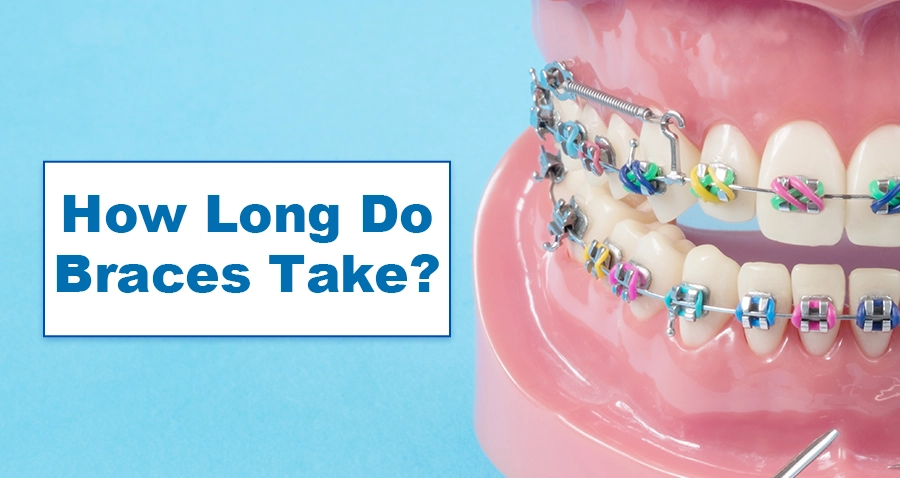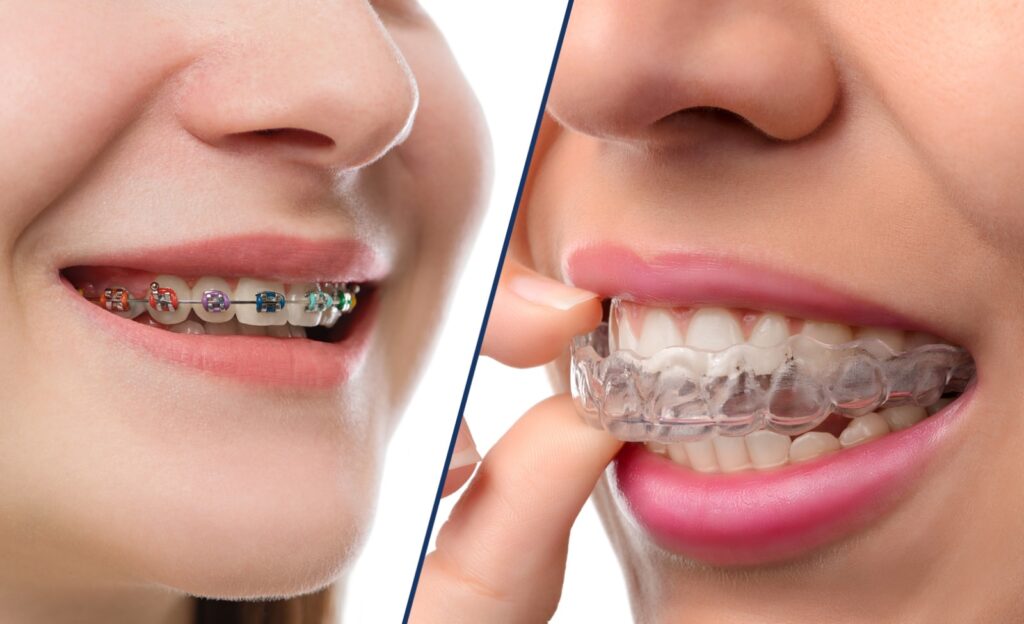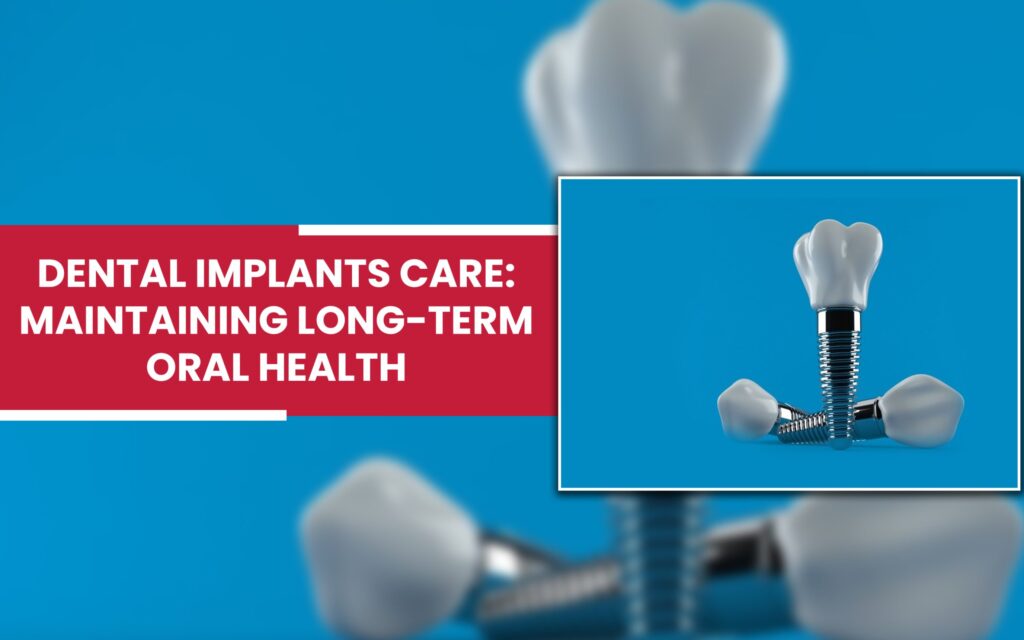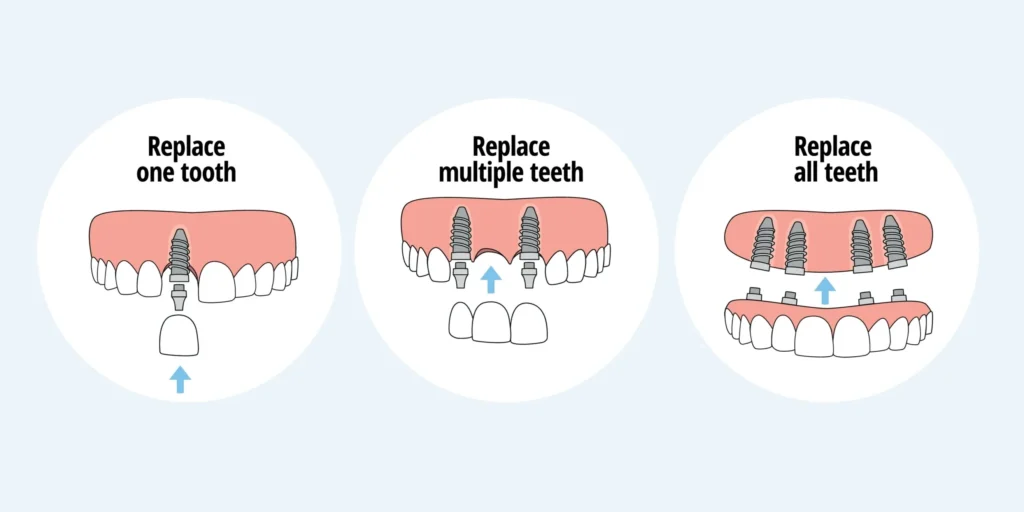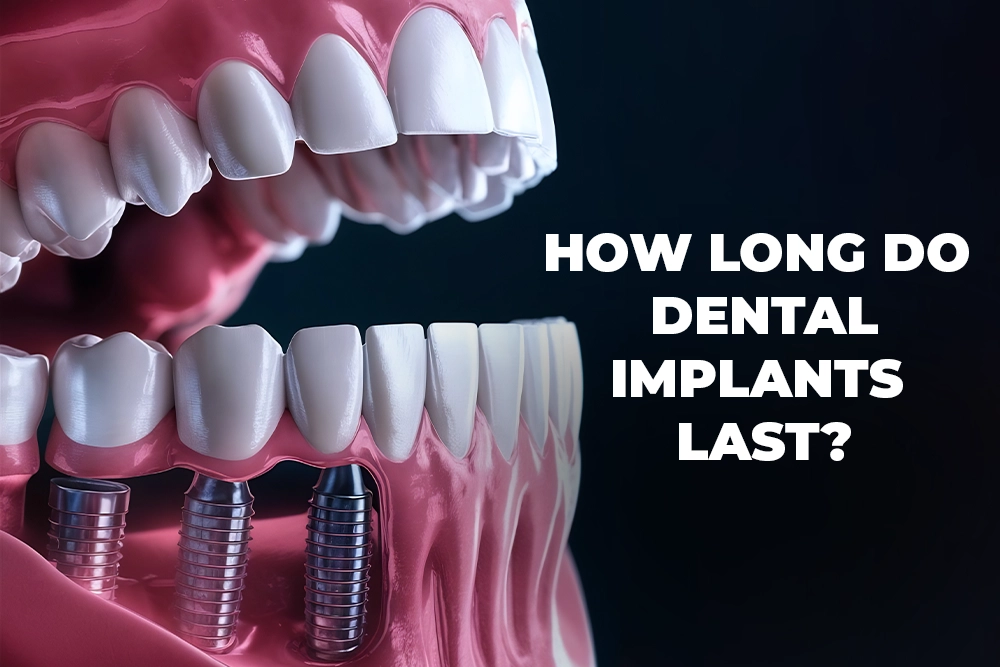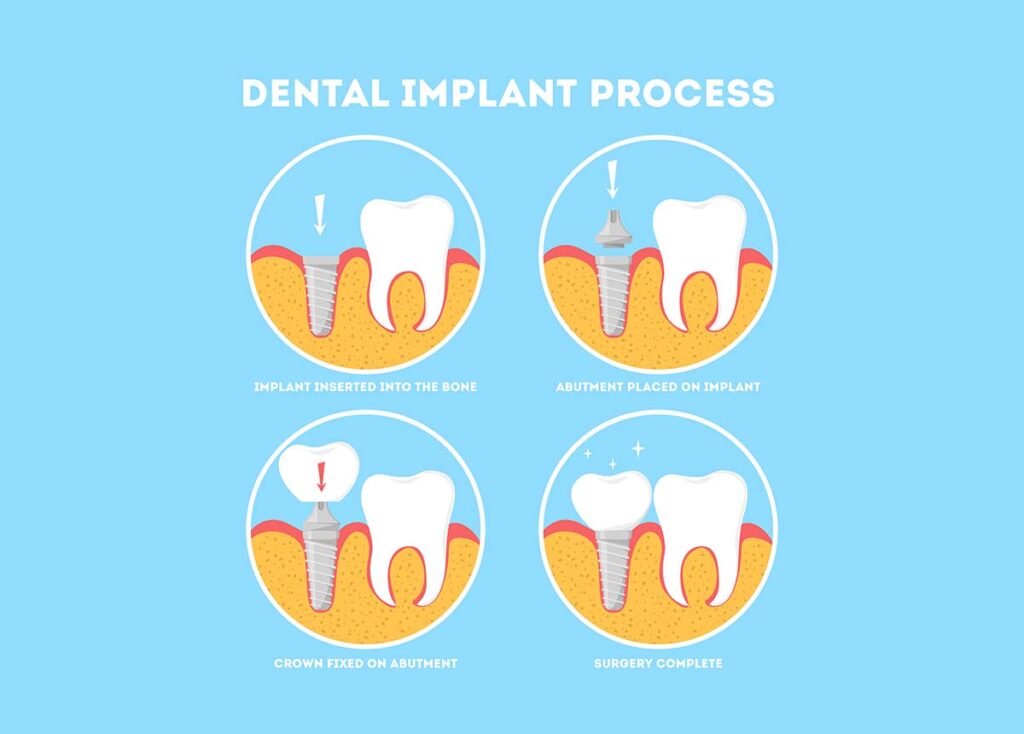Braces for Adults: Is It Too Late To Straighten Teeth?
Are you an adult who thinks it’s a little too late to achieve a perfectly straight smile? Worry less. You can still get braces for adults, and it is never too late to get them. If your teeth and jaw are in a healthy condition, you can always get orthodontist treatment for a fine-looking, perfect set of teeth. It is a common belief that braces are an orthodontic treatment limited to kids or teenagers. But whether you are in your 20s, 30s, 40s, or above, you can get braces for adults that are designed to suit your lifestyle. Here’s everything you need to know about adult braces to hurry up to make a vital decision of your life. Understanding Adult Braces Adult braces are an orthodontic treatment designed for people past their young adulthood. It works effectively in raising their confidence by providing a perfect straight smile and by improving their oral health. With adult braces, it is never too late to straighten teeth as it works just like braces for kids and teenagers. Braces for adults are used to cope with various dental problems like crooked teeth, gaps, or bite problems. Thus, they ensure an optimally healthy set of teeth. Like normal braces, adult braces also apply a gentle pressure onto the teeth and jaws to put them into a desired position. They usually take several months to years to complete the treatment, depending upon the complexity of the case. Upon entering adulthood, people face problems like tooth decay, tooth loss, gum diseases, etc. It happens due to improper cleaning and other factors like age, lifestyle, etc. Adult braces help significantly. The braces help in moving the teeth into a perfectly straightened arch, which is easier to clean. It also improves bite issues, which prevents any harsh pressure on the teeth and jaws, keeping them strong and healthy. Benefits of Braces as an Adult If you are considering getting braces as an adult, you should do it right away. The decision will give you numerous benefits to your confidence and your health like: Easy cleaning Improved Confidence with a more attractive smile. Prevents gum issues Correct Bite issues Improved speech Comfortable eating Better digestion with Improved chewing ability You can opt from various choices Types of Braces If you are not into those visible traditional braces, there are various options that you may choose as an adult. Some of the most popular options are: Traditional Metal Braces Traditional metal braces are the most common orthodontic option to get straight teeth. They consist of a metal wire with brackets and colourful elastic bands around the teeth. This type of braces is highly visible while speaking, cause discomfort while chewing, or even cause soft tissue injuries. However, despite all these downsides, metal braces are a foolproof orthodontic treatment that works in all cases. If your case does not qualify for any other type, metal braces will work effectively for you. Clear Aligners or Invisalign Another commonly used orthodontic treatment to straighten teeth is Invisalign or clear aligners. These consist of various sets of clear aligners that work over the course of time. They are made of non-biodegradable transparent material. Clear aligners are famous among adults due to their comfort and invisibility. They help in improving confidence while the treatment is undergoing. Clear or Ceramic Braces Another development in orthodontic treatment is clear or Ceramic braces. These braces are made of ceramic brackets that imitate the natural color of your teeth. They are comparatively less visible than metal braces and look natural from a distance. Lingual Braces Unlike traditional braces, lingual braces are attached to the inner side of the teeth. They invisibly put gentle pressure to move teeth into a desired position. With lingual braces, adults can improve their aesthetic appearance, speech issues, bite issues and much more. Choosing The Right Treatment Among all the above-mentioned treatment options, it is difficult to choose one. Therefore, it is better to have a detailed consultation session with your dentist. The dentists carry out a detailed inspection including x-rays, scanning, lifestyle inspection, budget, complexity of case, and also takes into account personal preferences. The orthodontist also considers the health of the oral cavity to decide which treatment will work best for the client. After checking out all these and other factors, your dentist recommends a desirable plan for you within your budget and what suits your needs. How Adult braces work? If you are wondering whether braces for adults work any differently, you are probably wrong. They work exactly like orthodontic treatment in kids and young adults by using gentle pressure for alignment. Here’s how they function: The dentist attaches brackets to the teeth and threads archwires through them. They adjust the archwires in a way to apply desired pressure on to the teeth for gradual movement. For additional pressure, they apply elastic bands or, in some cases, springs. It helps in adjusting alignment and bite issues. Once the initial adjustments are done, the clients have to visit the orthodontist for regular adjustments. Your dentist tightens the wires according to the progress to ensure there is constant pressure on the teeth and jaw to move them successfully. Gradually, the teeth come into their desired position and any overcrowding, gaps, or bite problems resolve. How Long Do Adult Braces Take to Straighten Teeth? Adult teeth and jawbones are fully developed. Therefore, it might take longer for them to move to the desired position. However, depending on the complexity of the misalignment, the treatment varies from 6 months to 2-3 years. Take Your First Step If you are thinking about getting braces for adults to straighten teeth, it is never too late. Contact Teeth and Smile Dental Clinic at Gulberg 3, Lahore, and schedule your consultation. You can visit us or book an appointment online. We are here to fix all your dental issues, regardless of age.



